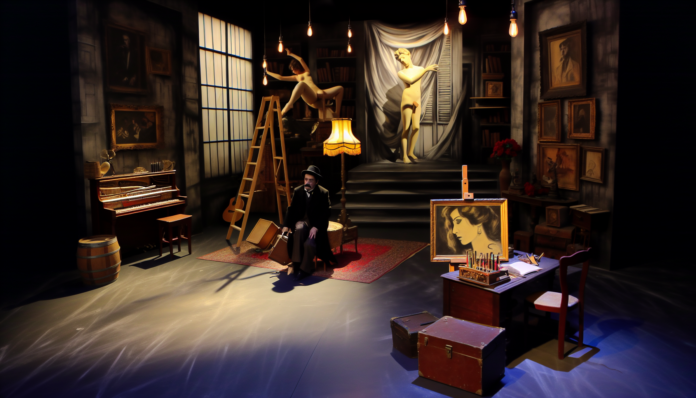Introduction
Elvis Presley, often dubbed the “King of Rock ‘n’ Roll,” isn’t just known for his legendary music but also for his tumultuous and often scandalous love life. From teenage crushes to serious affairs, the women he captivated shaped not only his personal life but also the cultural landscape of the 1950s and beyond. This was a time when traditional values were being challenged, and the societal norms surrounding romance and celebrity were in flux.
The 1950s were marked by post-war conservatism, where conventional relationships and proper courtship were expected. However, Elvis, with his rebellious musical spirit and boyish charm, became a polarizing figure. His relationships with women, particularly those like Priscilla Beaulieu and Ann-Margret, created a scandalous narrative that captured headlines and hearts alike.
The Scandal
The most significant romantic scandal of Elvis’s life was undoubtedly his relationship with Priscilla Beaulieu, which began when she was just 14 years old and he was 24. After meeting in Germany while he was stationed there in the Army, their whirlwind romance blossomed despite the massive scrutiny it faced. The couple’s clandestine meetings and unconventional dating habits ignited conversations about morality, age gaps, and the responsibilities of fame.
Key events included their eventual marriage in 1967 after several years of secretive courtship, highlighted by Elvis’s infamous comments on wanting to protect Priscilla’s innocence. “We can’t make our life together public yet,” he told her, a sentiment that served both as a protective measure and a justification for the scandalous age difference.
Media reactions varied: some tabloids sensationalized the relationship while others were more sympathetic, portraying Priscilla as a victim of Elvis’s fame and charm. Elvis himself stated, “She was my everything,” revealing a softer side amidst the tumult, yet this sentiment did little to quell public outrage, with critics arguing that he was exploiting her youth.
Moral and Cultural Analysis
Society’s reaction to Elvis and Priscilla’s relationship was mixed. While fans idolized Elvis, many older generations denounced their romance, viewing it as morally questionable. Critics pointed to the dangers of Presley’s influence, worrying that he was leading the youth down a rebellious path. As art critic and social commentator John C. Broderick noted in 1956, “Elvis could make the innocent appear scandalous, and with one shake of his hips, he changed the rules of engagement.”
The consequences of this scandal were profound. Priscilla not only had to navigate the complexities of a high-profile relationship but also the challenges of growing up in the public eye. The couple eventually divorced in 1973, highlighting the strain that fame and societal pressures can put on personal relationships.
Fast forward to the present day, and such a scandal would present a different narrative. Modern audiences, especially those within the 20-30 age group, exhibit a more informed understanding of age disparity and consent. Discussions around relationships of power differences are prevalent, and there’s a stronger emphasis on the dynamics of celebrity culture that encourages conversations about rights, agency, and protection.
Today, many would scrutinize the ethical implications of such a relationship more closely, advocating for the rights and empowerment of individuals regardless of age. The conversation around Elvis’s relationships has transitioned from simply viewing them through the lens of romance to examining the complex interplay of power, consent, and societal values that continue to evolve.
As time marches on, the scandal surrounding Elvis and the women who captured his heart remains a captivating narrative—a reflection of changing societal norms and the enduring fascination with celebrity culture.

